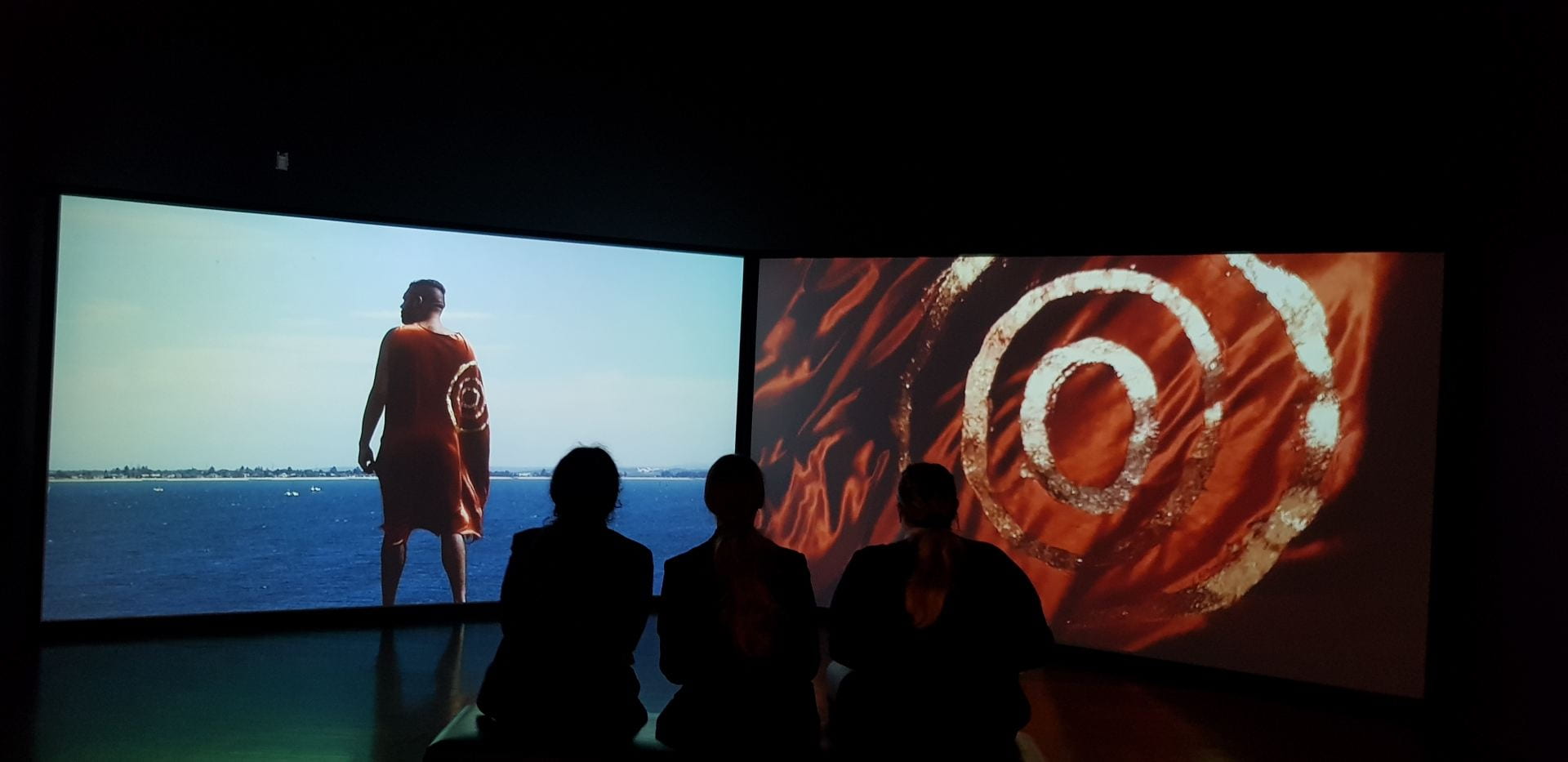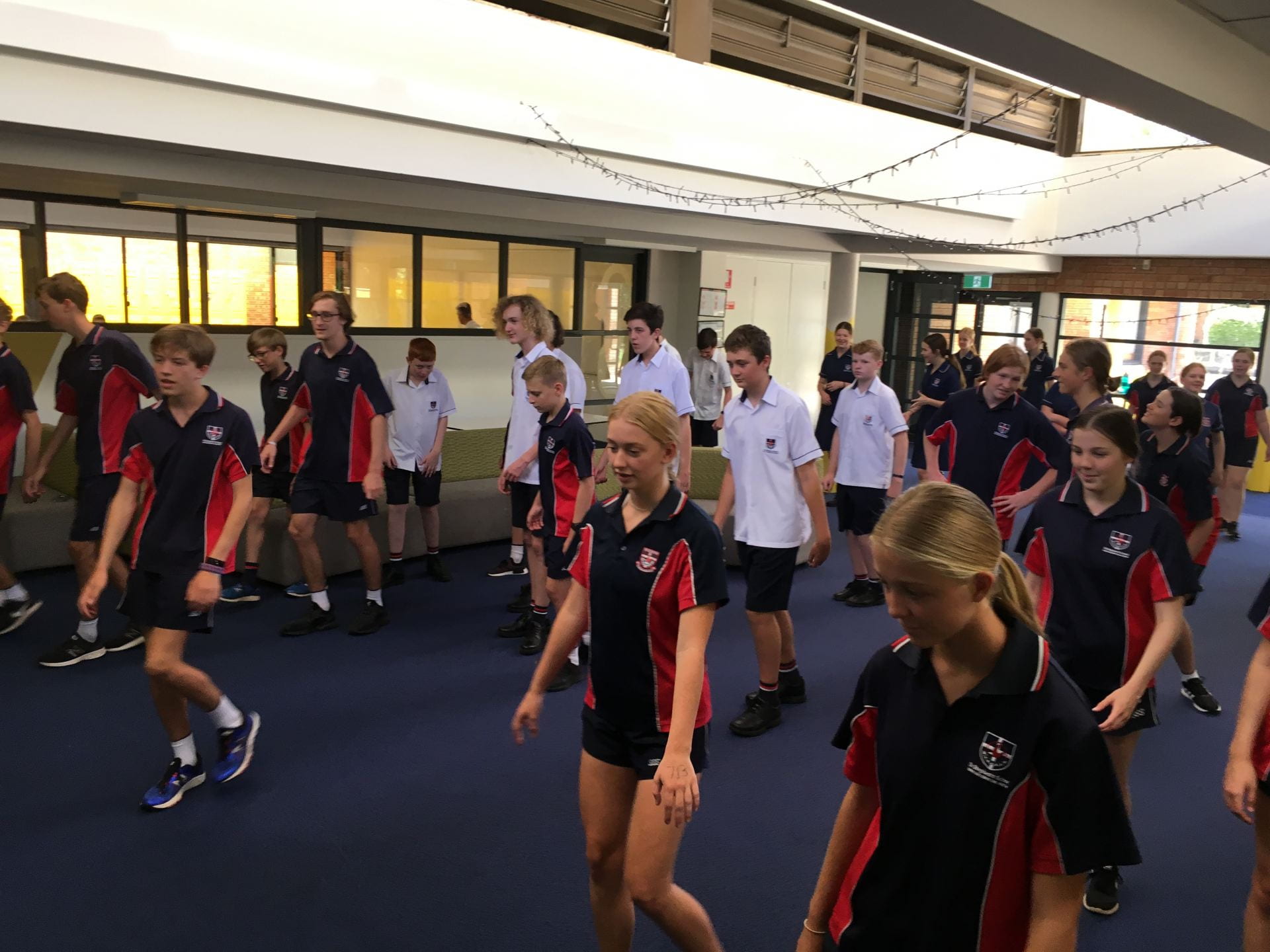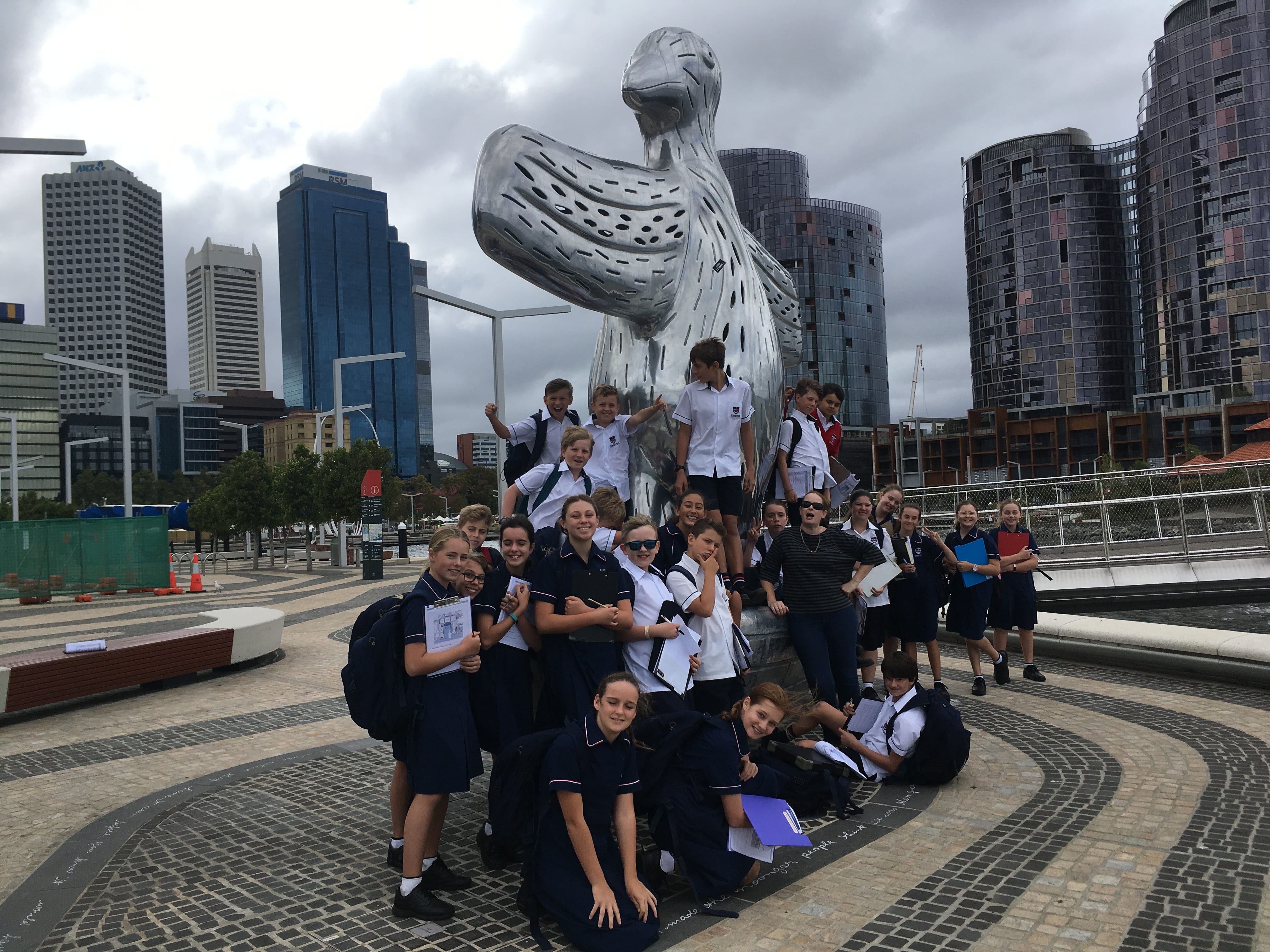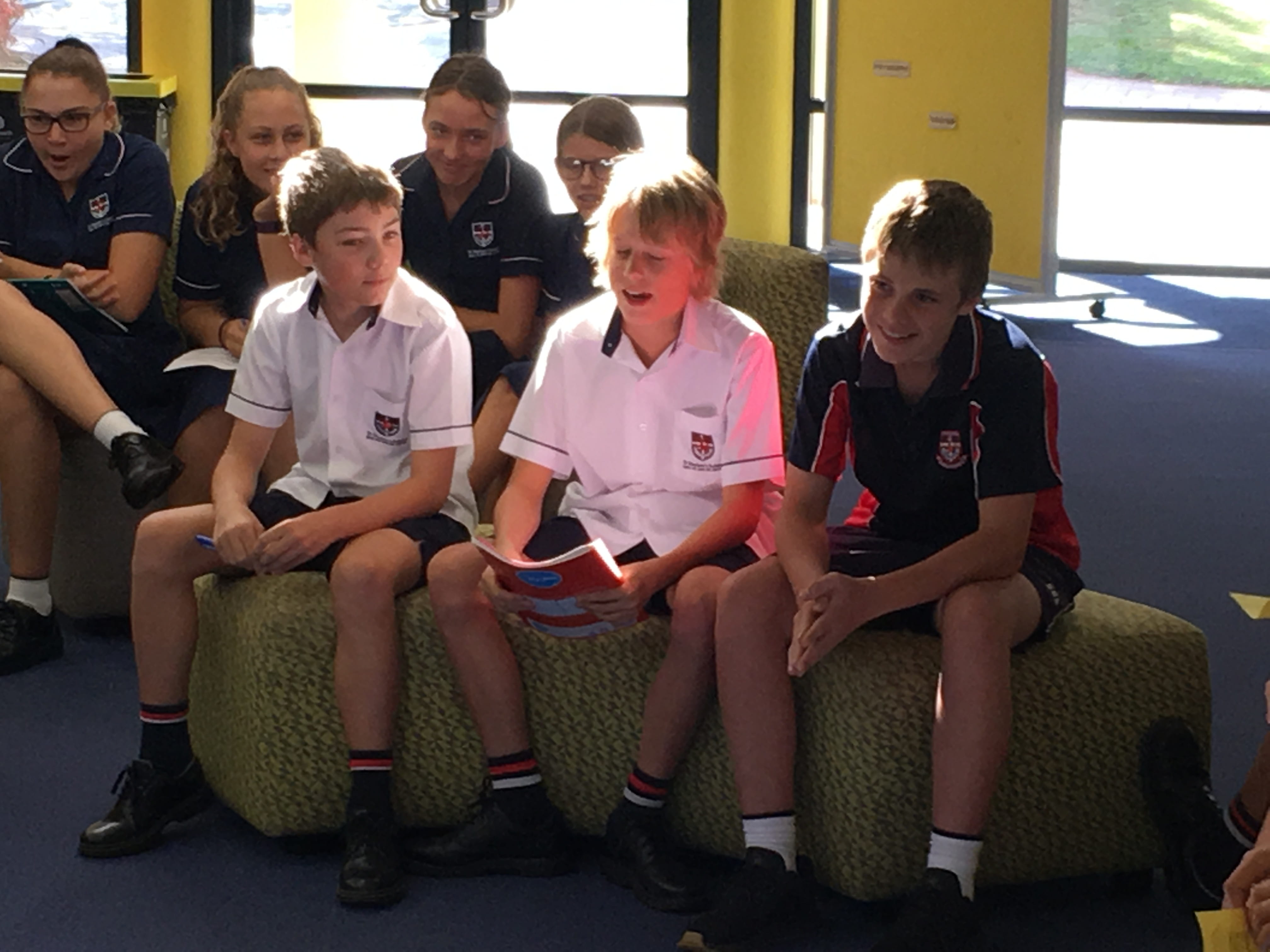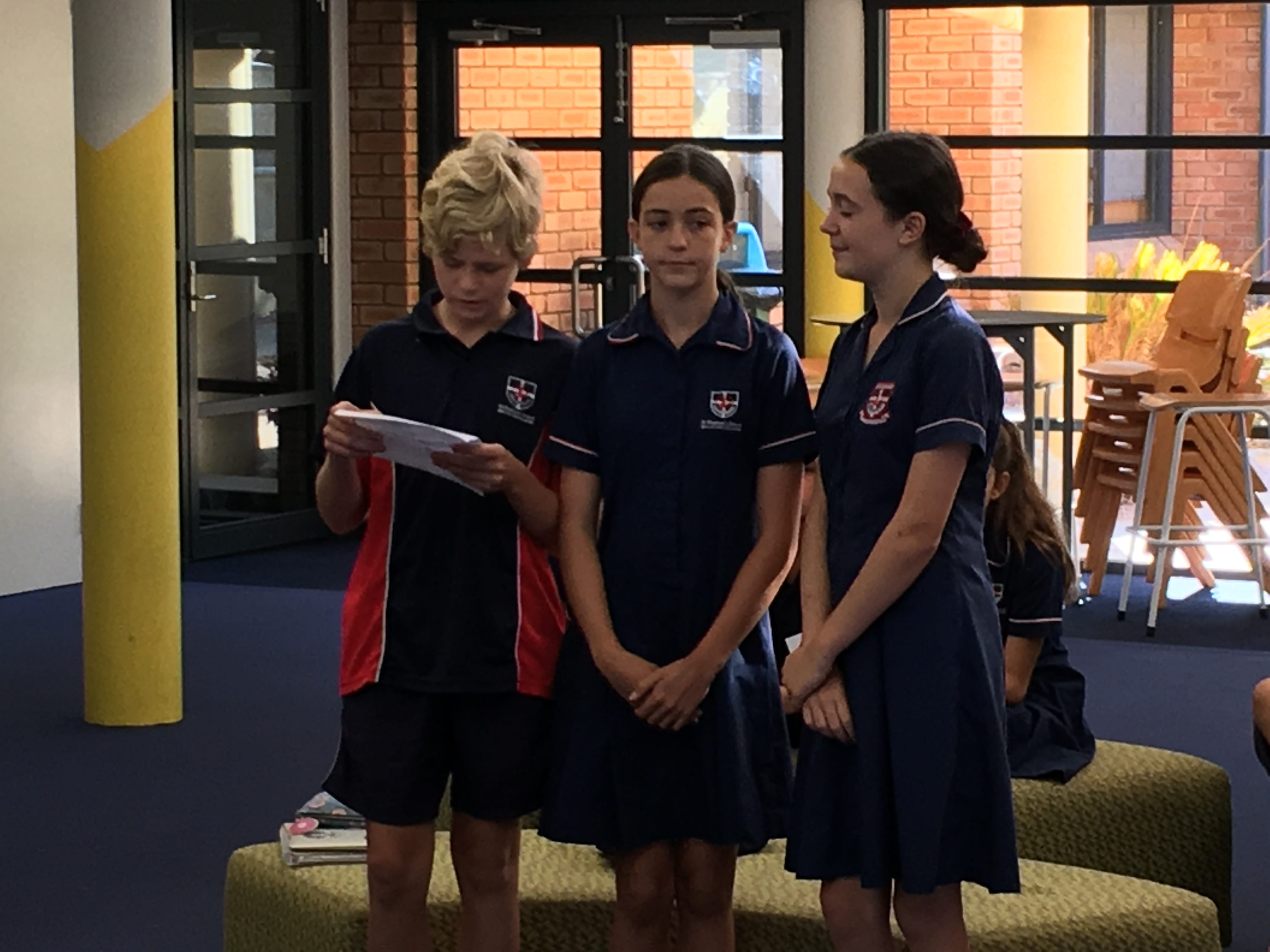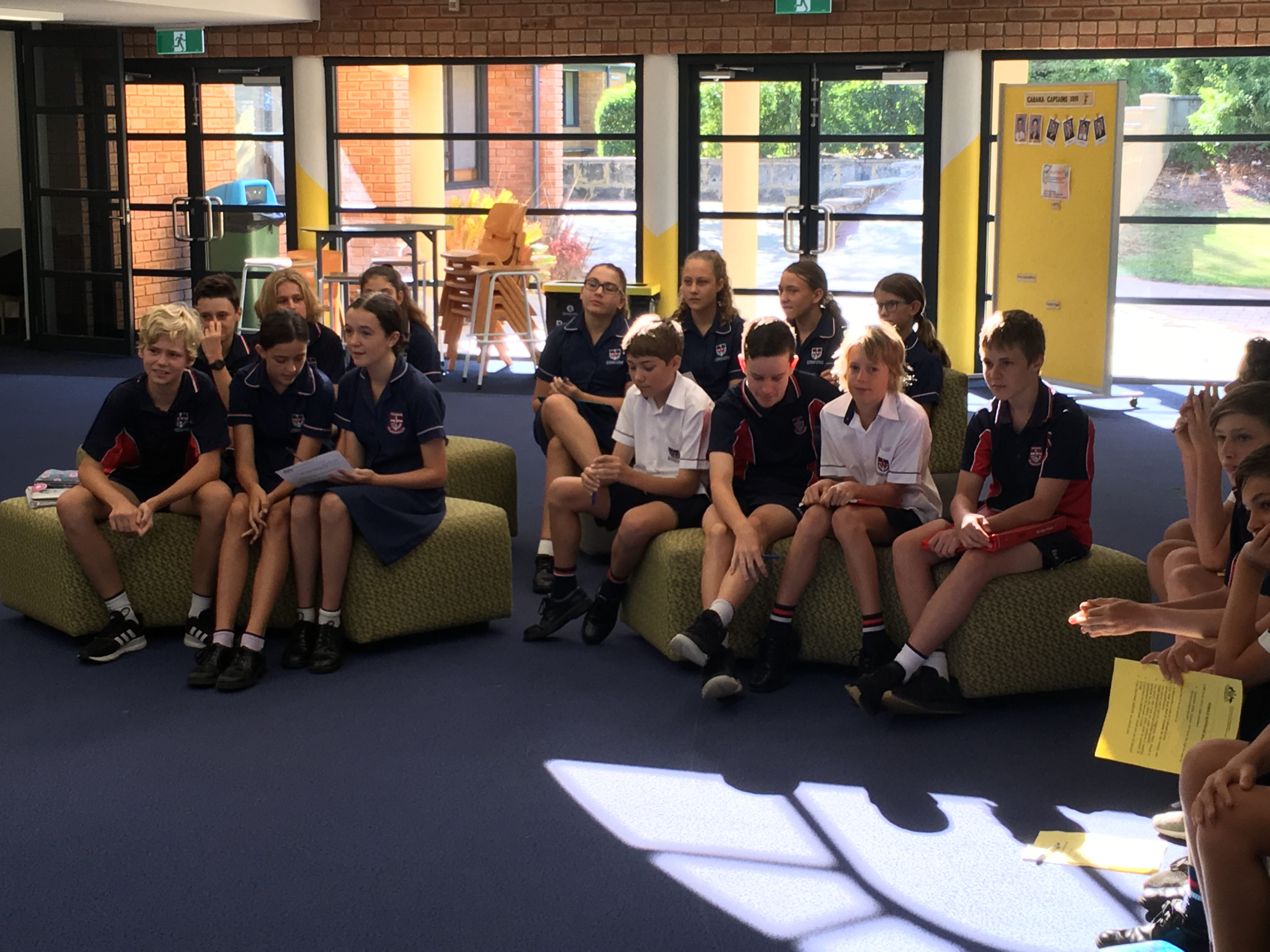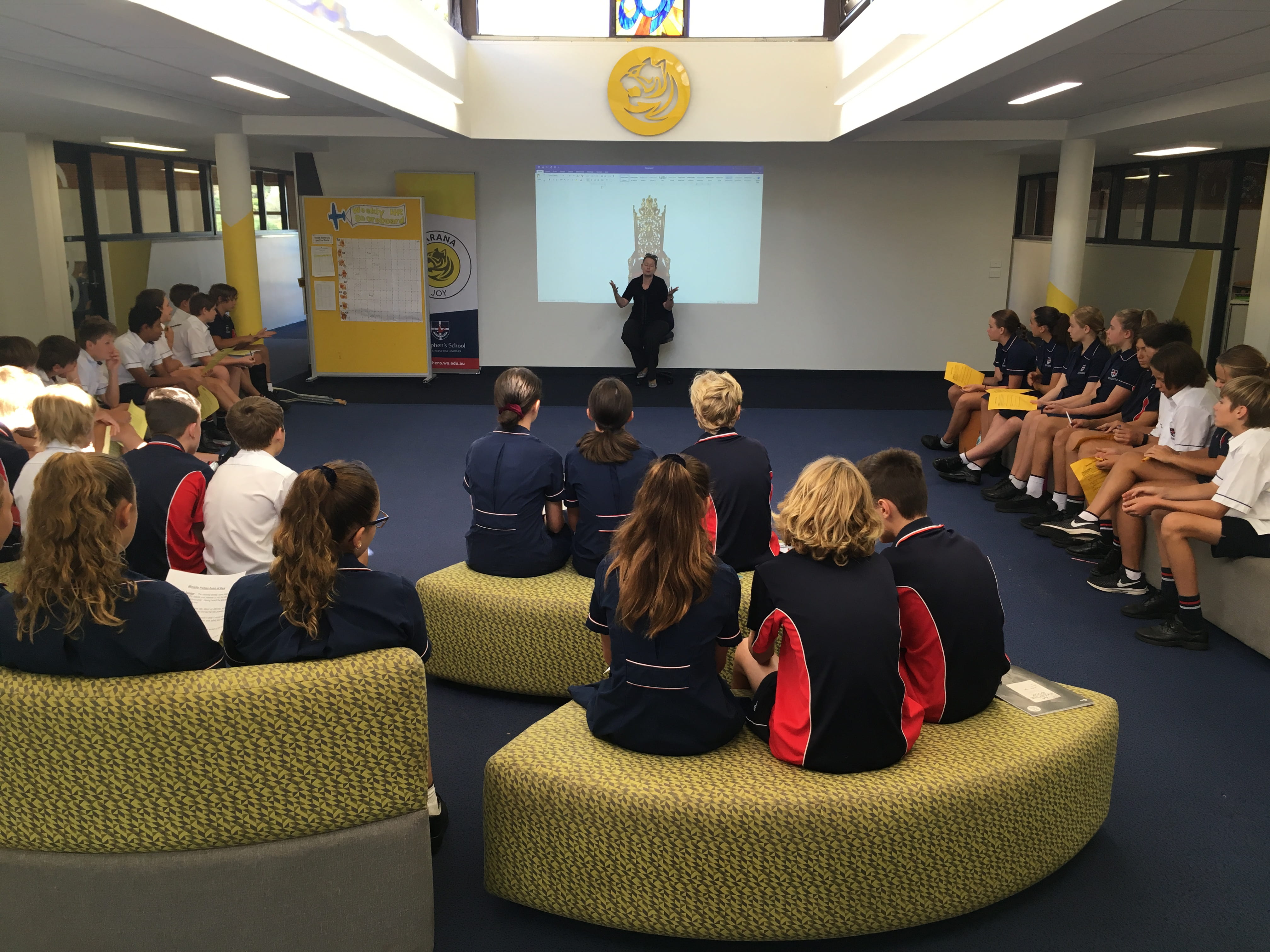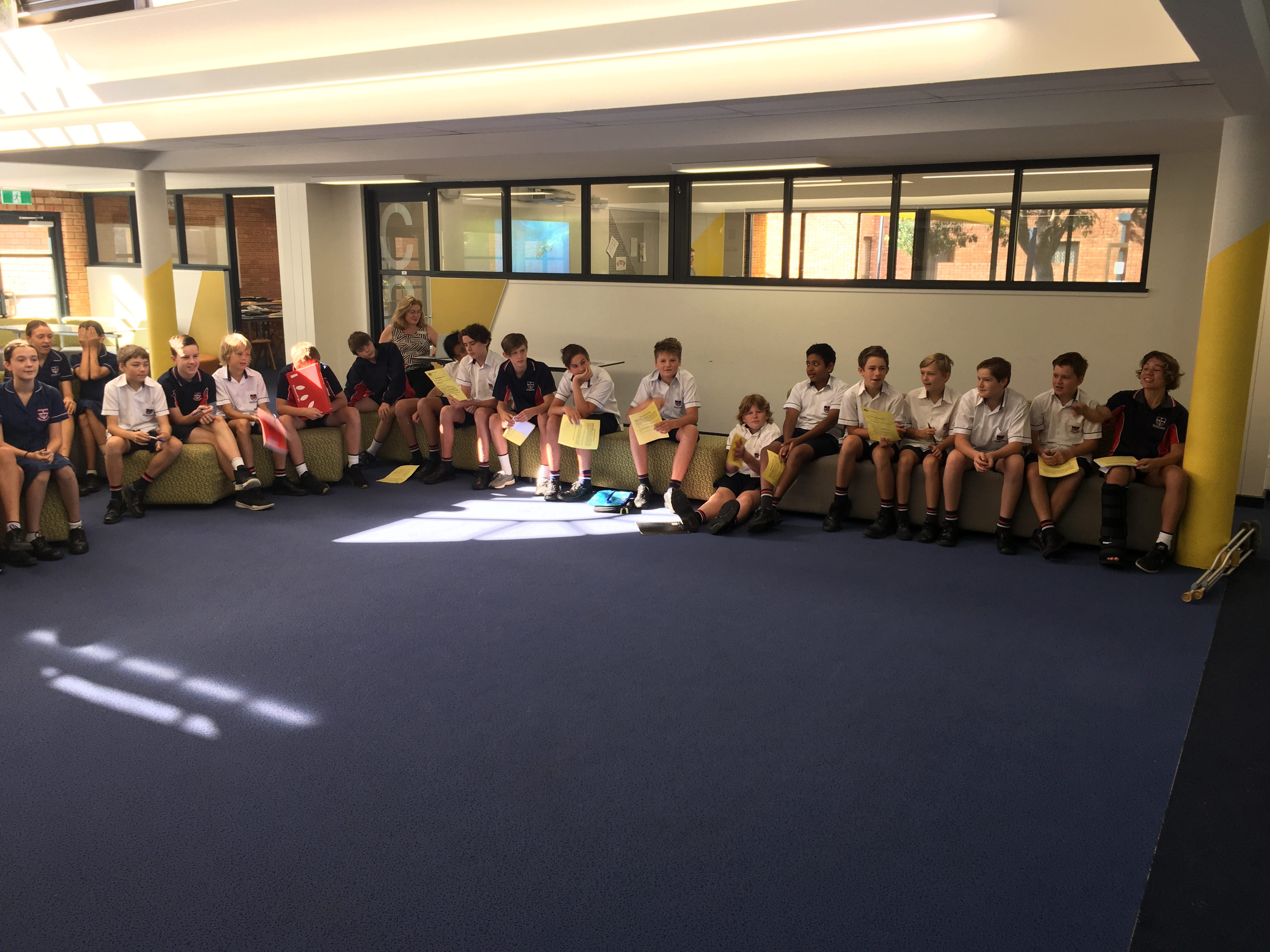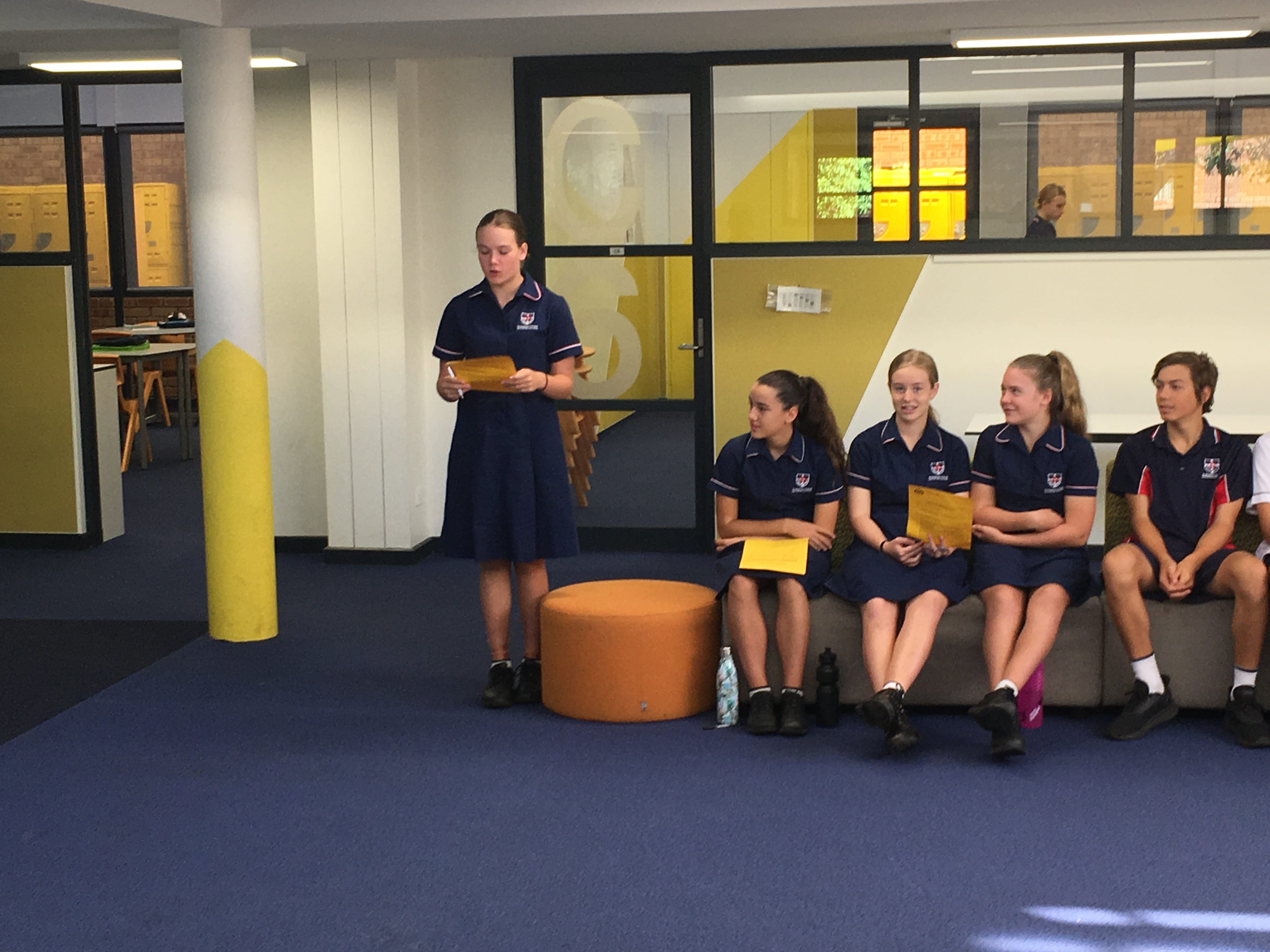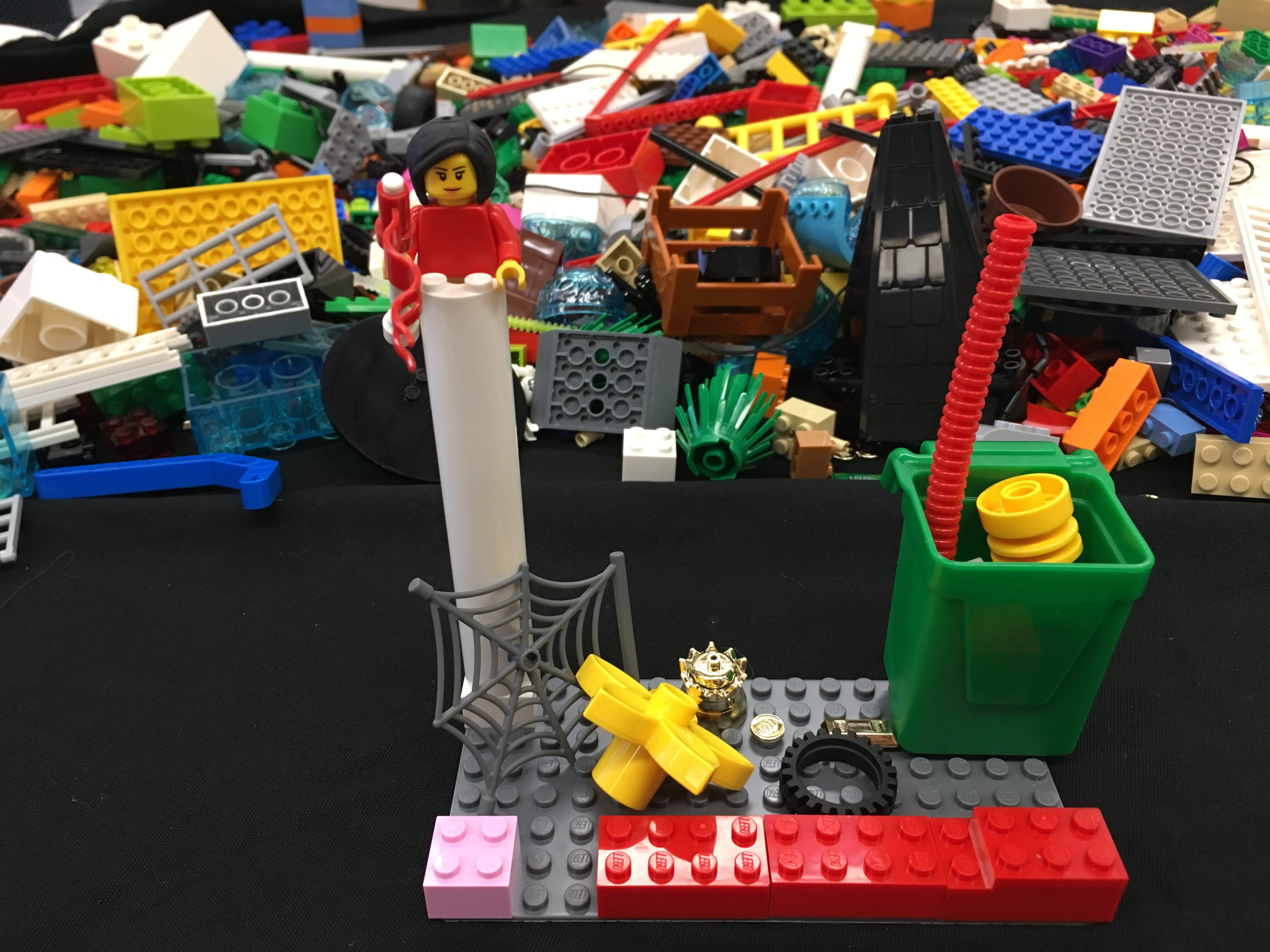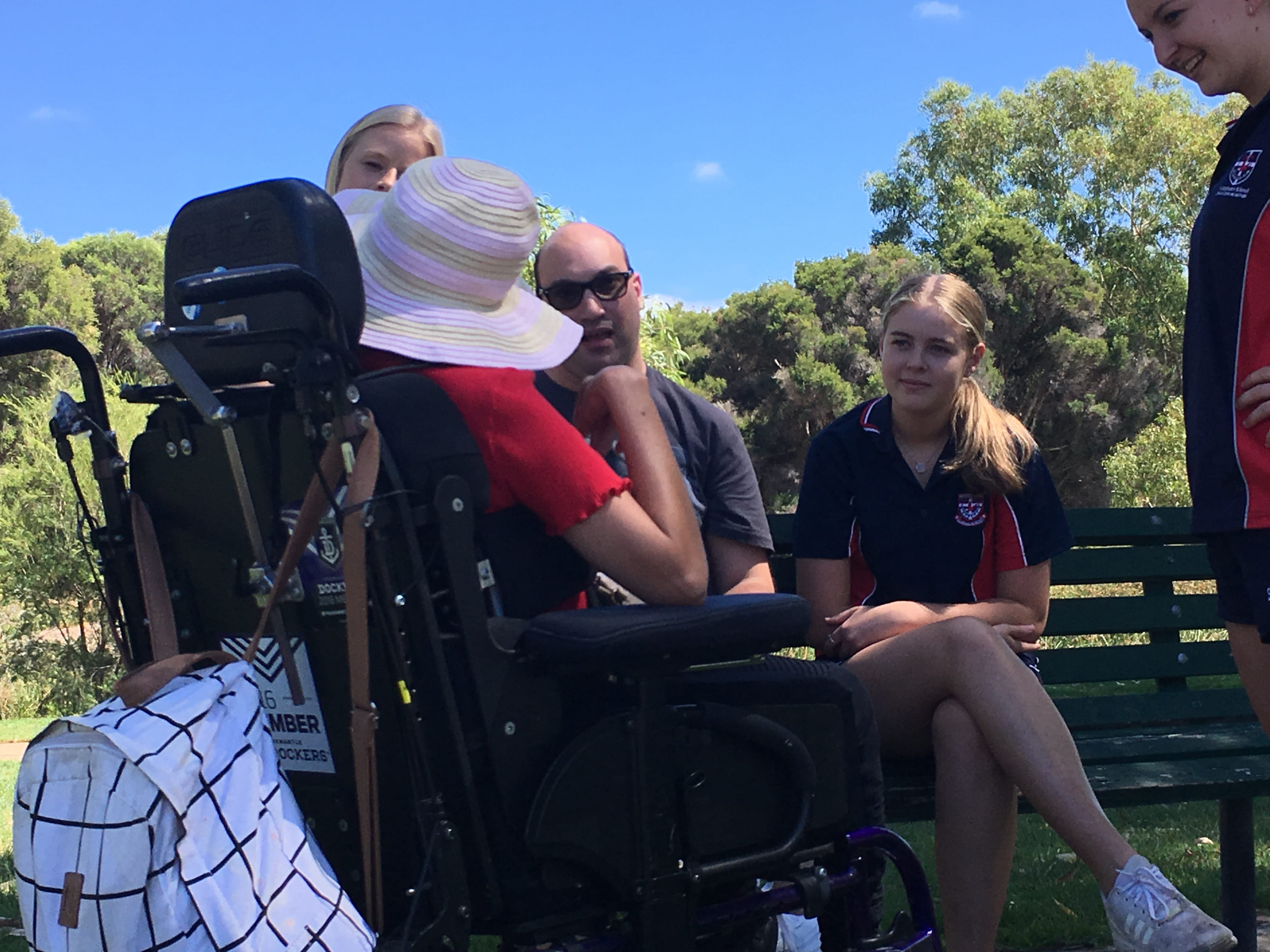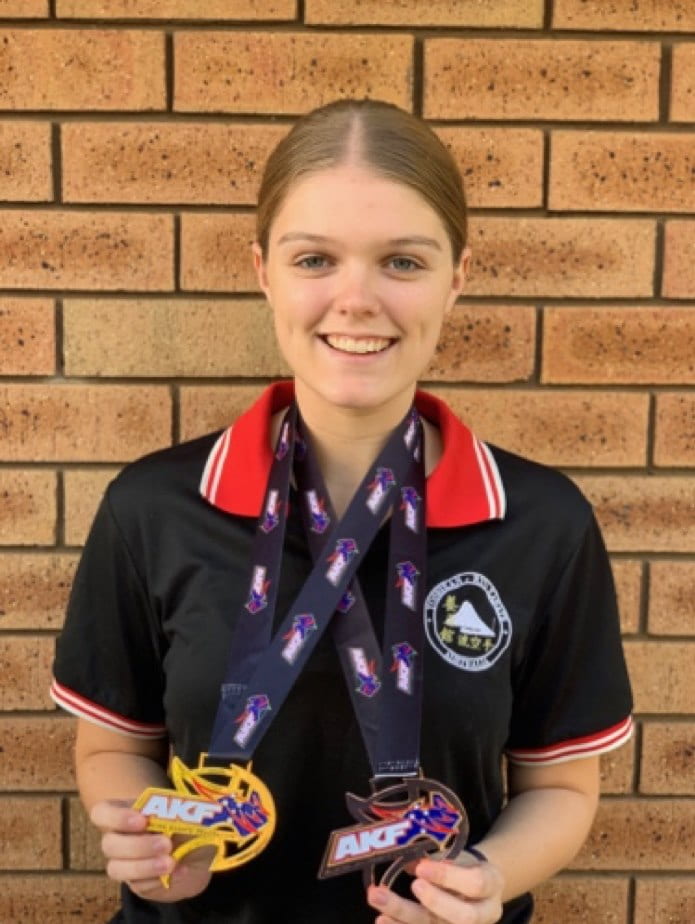Many students say ‘I don’t have a good memory’ but there are many barriers to developing a good memory that are able to be overcome. Here are the top 3:
- NEGATIVE MINDSET / ATTITUDE
Henry Ford once famously said, “whether you believe you can, or you can’t, you are right”. This refers to your mindset or mental attitude, and the concept that your mind is powerful enough to enable your thoughts to create your reality. If you have a negative attitude to your memory, it will likely reduce your chance of developing and maintaining a good memory. There are some simple steps you can take to start making changes to negative thoughts. Be aware that negative thoughts are just a habit, and habits can be changed with a little effort. Awareness is the key to changing a habit, as you need to consciously be aware of the current habit before you can change it – so start catching yourself in the act of making negative statements. Affirm your intention to improve the way you think. Then correct the negative statement you just made, and make it into a more positive one.
- ABSENTMINDEDNESS / NOT PAYING ATTENTION
The first stage of the memory process is encoding the information that is to be remembered – thus the brain uses the senses and emotions to process the information and form a memory. Here are some ways in which you can be less absentminded:
– Setting an intention to become more attentive.
– Sitting up front where there are less things to distract you, especially if you have difficulty paying attention in class.
-Taking notes in class to ensure you listen.
- STRESS / ANXIETY
Stress will increase the likelihood of being distracted, resulting in low concentration meaning that information may not be encoded accurately – and thus cannot be later retrieved. Stress may also result in mental blanks. For example, if you’re stressed before an exam, you may not be able to think clearly and access and retrieve the information you need. The best thing to do is to take ten deep breaths and calm down to allow your mind to focus.
Learn more at the Brain and Memory unit of www.studyskillshandbook.com.au.
Our school’s subscription details are –
Username: ststephens
Password:100success
Sarah Cooke
Careers Advisor
